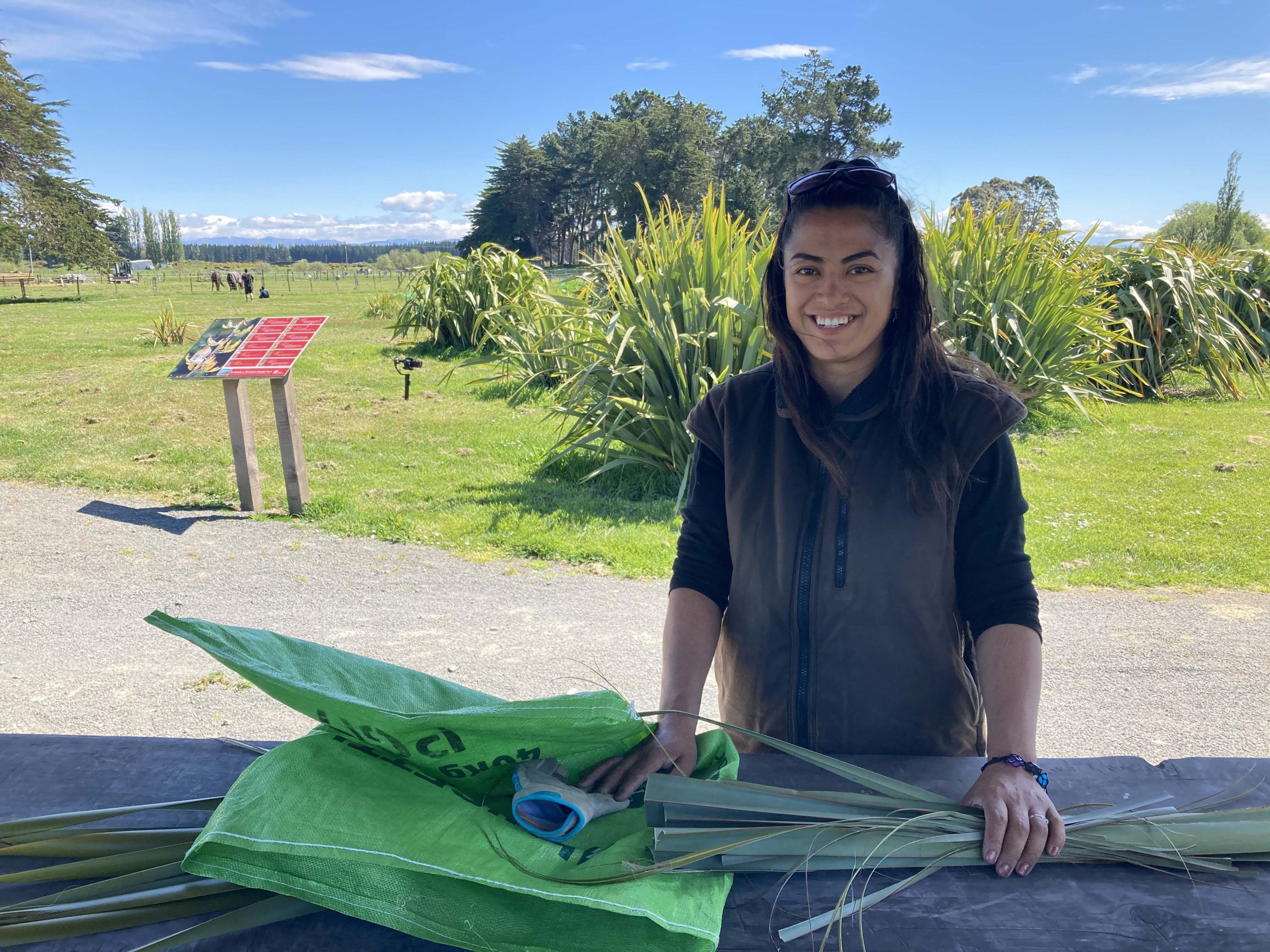LOGIN:
Little Shop of Taonga is a whānau-driven business that sells handmade products to support mahinga kai, hunter gatherers and weavers with their mahi toi.
Created by husband-and-wife team Dion and Jade Hancy, the opening of the online store is another step towards their vision: to pursue their passion for mahi toi and create the freedom to work from home and spend more time with their whānau.
“Jade and I run Little Shop of Taonga together. We’re both artists in our own way so we work together quite well,” says Dion. “We each stick to what we know best – that’s how our partnership works.”
With a background in Art and Design, Dion designs and carves the taonga, while Jade supports him by plaiting cords and kupenga, running the website and taking care of the administrative side of the business.
The journey to Little Shop of Taonga began when Dion made the decision to transition from full-time work to full-time study at Ara Institute. “In my third year we had to choose a subject which would be the foundation of all our art produced that year,” says Dion. “I chose to study tools that Māori used pre and post colonisation and through that, I became immersed in the history of our tīpuna, and the tools and resources they used.”
Dion and Jade wanted to create taonga that were not only beautiful but served a purpose as well. “We do foundational taonga like toki and hei matau, but our main focus is on taonga that are functional,” says Dion. “For example, I’ve got one that I wear all the time, and when I’m out on the river with the kids I might spot some watercress. Even if I haven’t brought a knife, I can use my taonga to gather it. I know others can find a use for it in their own mahi whether that’s gathering rongoā, weaving or mahinga kai”

“Part of the reason we’re doing this is to create memories with our tamariki and to cherish those moments”
When Dion and Jade started Little Shop of Taonga, they were quite literally starting from scratch. “We started off small with makeshift machines – old wheels and electric motors – it got the job done,” laughs Dion. “We gradually grew from there and started buying better tools as we got a bit of money through our mahi. Eventually we decided to apply for Wave funding through Te Pūtahitanga o Te Waipounamu to see if they could support our kaupapa.”
Their application was successful, and Dion says that since then, the business has grown rapidly. “The funding has helped equip us with updated machinery and tools to work more efficiently,” he says.
“We were able to set up properly and do everything we’d planned to do a lot sooner than if we’d carried on as we were.” Dion says that it has been a long road with plenty of sacrifices, but that the pay-off of being his own boss and doing the work he loves with his whānau is worth it.
Dion and Jade have even found a way to bring their tamariki into the business, taking regular whānau hīkoi to gather kōhatu, shells, rākau and other resources. “Part of the reason we’re doing this is to create memories with our tamariki and to cherish those moments,” says Dion. “I think this is the way for our whānau to do that – to find a passion that we love and to share it.”